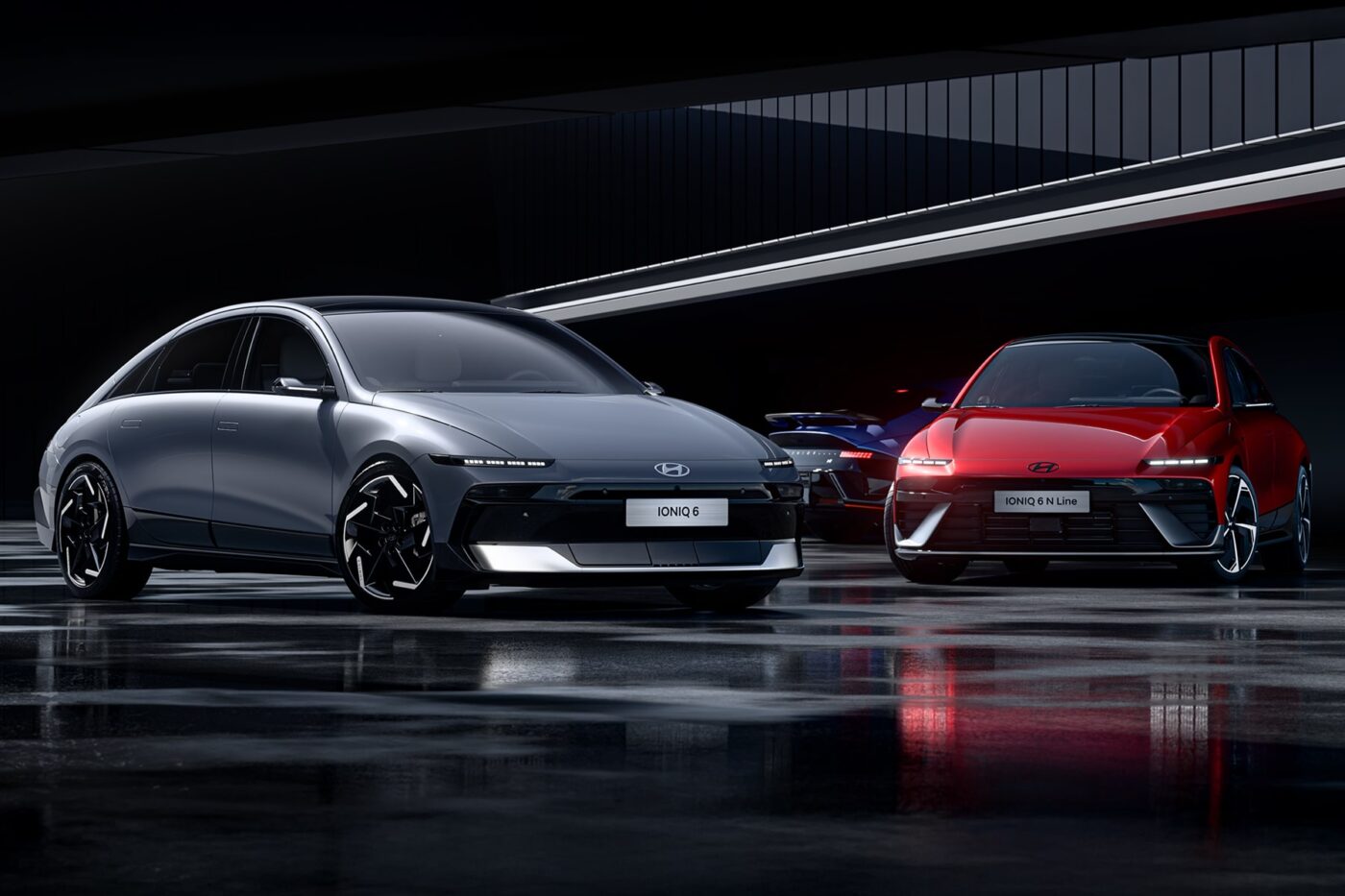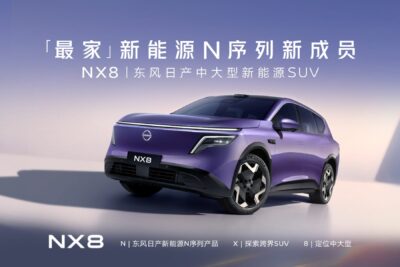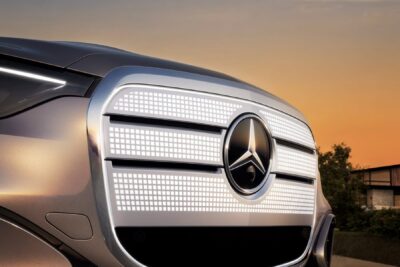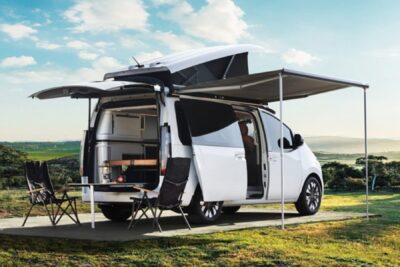Hyundai plans to massively increase electric vehicle exports from South Korea
The Hyundai Group aims to increase its exports of electric vehicles (BEV, PHEV, HEV and FCEV) from South Korea from 690,000 units to 1.76 million units by 2030. This is part of the group’s 125.2 trillion won (approx. 74.6 billion euros) investment plan for South Korea for the years 2026 to 2030. It is the company’s largest domestic investment commitment to date and represents an increase of 36.1 trillion won (21.2 billion euros) over the last five years. From 2021 to 2025, Hyundai invested an average of 17.8 trillion won annually, and in the next five-year period, it plans to invest 25.04 trillion won per year, or about 14.7 billion euros per year.
50.5 trillion won (29.7 billion euros) is to be invested in the areas of AI (including in cooperation with Nvidia), software-defined vehicles (SDVs), production capacities for electric vehicles, robotics and hydrogen alone. 38.5 trillion won (22.6 billion euros) is earmarked for the development of ‘new products and core technologies for sustainable competitiveness in the mobility industry’. And 36.2 trillion won (21.3 billion euros) is to be invested in optimising production facilities.
With these investments, the Hyundai Motor Group aims to ‘play a key role in promoting balanced regional development.’ As this development is increasingly moving towards electric vehicles and environmentally friendly mobility, a large part of the funds will be invested in development in this area and in the expansion and conversion of plants for the production of electric vehicles. A plant for the construction of PEM electrolysers for hydrogen production is also to be built “in the south-western region,” where the foundation stone was laid at the end of October. A pure electric car factory at the existing Hyundai site in Ulsan is scheduled to go into operation next year. Earlier this week, Kia completed the eastern part of the so-called EVO plant in Hwaseong and at the same time laid the foundation stone for the western part, where light electric commercial vehicles are to be built.
The production of electric vehicles will play a significantly greater role than previously planned at Hyundai’s South Korean plants in 2030. According to the latest announcement, exports across all drive types are expected to rise moderately from 2.18 million vehicles in 2024 to 2.47 million units. The sticking point is the distribution of drive types: the share of electrified vehicles is expected to rise from 690,000 units to the aforementioned 1.76 million over the same period. By way of comparison, when Hyundai announced higher investments in its home market at the beginning of 2024, the figure for 2030 was still 920,000 electric vehicles for export.
“We will diversify export markets, increase exports from domestic factories and more than double car exports by 2030 through new electric vehicle factories,” says Euisun Chung, Chairman of Hyundai Motor Group. “We are well aware of the concerns about declining exports and shrinking domestic production due to the 15 per cent US tariffs.” The group did not specify which additional markets Hyundai intends to tap into.
Just recently, the South Korean government concluded an important trade agreement with the US that reduces import duties on South Korean cars into the US from 25 to 15 per cent. Although Hyundai Motor Group operates several US plants (including for electric cars), it also imports some models from South Korea into the United States.
This article was first published by Sebastian Schaal for electrive’s German edition.





1 Comment